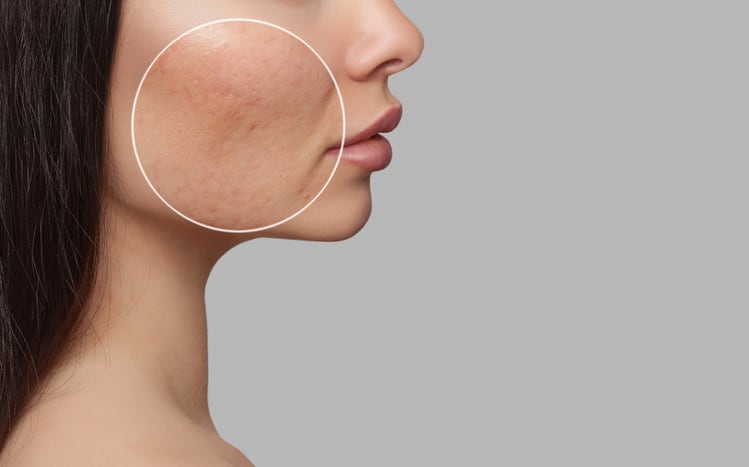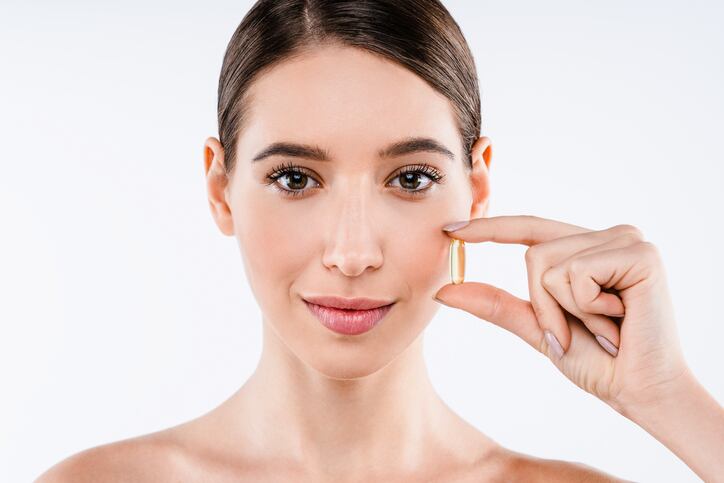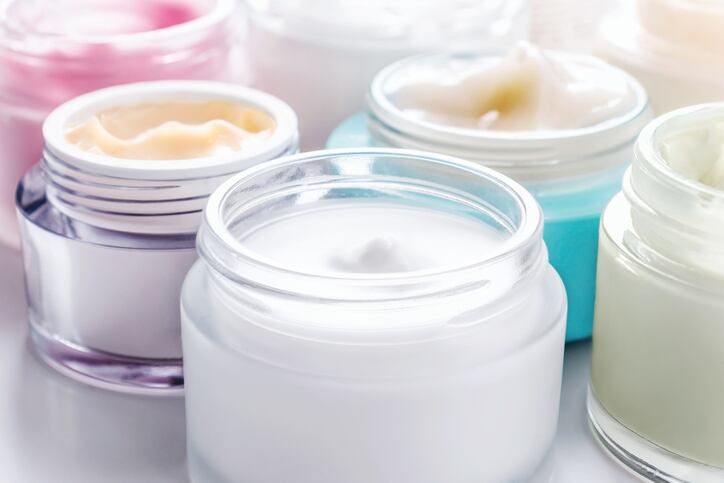Writing in two separate international patents, Unilever said its cosmetic formula had been developed using the natural monoterpenoid phenol derivative thymol or isomeric monoterpenoid terpineol, individually incorporated or used as a blend. Analogues could also be used but preferably thymol would be obtained from thyme oil or thyme extract and terpineol from pine oil, the company said.
The formula could be used to make a range of leave-on and wash-off face, body and hair care products, including skin cream, hand sanitizer, body lotion, sunscreen, deodorant, facewash, shampoo and even single-use personal care wipes. Most preferably, Unilever said it would be used to manufacture a leave-on cream.
Personal care for skin conditions like acne and atopic dermatitis
This active topical leave-on or wash-off composition had been developed to balance the microbiota of amenable skin and restore diversity to levels "normally indicative of healthy skin". It selectively reduced the microbial count of certain “harmful microbes” but increased the count of others, Unilever said. It could therefore be used to manage skin conditions manifesting because of microbial imbalance or skin dysbiosis, such as atopic dermatitis or acne.
“To some extent, such conditions can be managed by a cosmetic treatment, i.e. a non-therapeutic treatment, by the application of topical compositions that contain one or more active ingredients,” Unilever wrote in its patent filings.
“…Without wishing to be bound by theory, it is believed that balanced microbiota of amenable skin is a result of synergy of thymol or terpineol or an analogue of thymol or terpineol in the topical composition with the host defense mechanism,” it said.
Targeting specific microbe species – Staphylococcus, Corynebacterium or Cutibacterium
Whilst it was often difficult to distinguish between beneficial and harmful microbes, because it varied based on circumstances, Unilever said for dysbiotic conditions like acne or atopic dermatitis, it was about targeting microbes that had “significantly changed in a condition” compared to normal, healthy skin – either reducing or increasing microbial count.
When considering the “common skin condition” Acne vulgaris, it said this usually occurred in areas rich in sebaceous glands like the face, neck and back. For this formula, therefore, the active ingredient blend selectively reduced the microbial count of at least one genus of microbes belonging to Staphylococcus, Corynebacterium or Cutibacterium – species that dominated sebaceous and moist skin areas that, when imbalanced, could lead to skin dysbiosis that could require cosmetic treatment to manage acne, dry skin or dandruff. The formula then selectively increased the microbial count of at least one genus of microbes belonging to Streptoccocus, Moraxella or Deinococcus – considered “beneficial microbes”.
Unilever said the formulation had to contain thymol, terpineol or an analogue of one of these at levels of 0.001 to 5.0 wt%, preferably 0.03 to 0.4% by weight. Other ingredients, including mildness agents, fragrances and colourants could also be included at low concentrations.
WIPO International Patent No. WO/2020/244962
Published on: December 10, 2020. Filed on: May 26, 2020.
Title: “Topical composition for balancing microbiota of skin”
Inventor: Unilever – CC. Chu, M. Pu and Y. Xu
WIPO International Patent No. WO/2020/244898
Published on: December 10, 2020. Filed on: May 14, 2020.
Title: “Topical composition for restoring microbial diversity of amenable skin”
Inventor: Unilever – CC. Chu, M. Pu and Y. Xu




